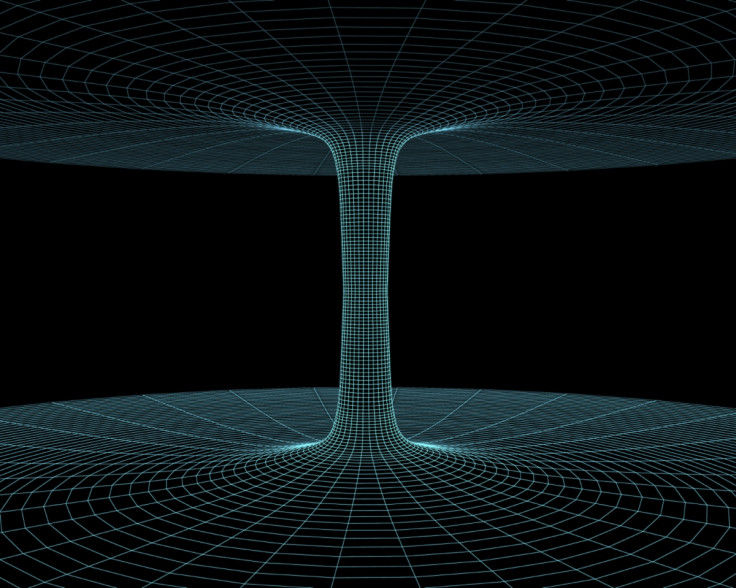Black holes: Bubbles of space-time open gateway to a new universe, linked to our own

Bubbles of space-time cropped up during the early stages of our universe, eventually forming black holes that were connected to us by wormholes according to a new theory.
Research shows that these bubbles eventually lost energy, and collapsed into a black hole that was so big, it created its own universe inside – linked to us by the secret door.
These wormholes would have been very short-lived – no more than fractions of a second. During that time, our universe would have been connected to a vast multiverse – loads of other universes. Andrei Linde told New Scientist: "This subject is really, really deep. We are just starting to touch the surface and discover new things about the multiverse."
Scientists believe that the universe grows through 'eternal inflation', which suggests space-time grows exponentially. With this, though, small bubbles of space-time emerge randomly. As the universe continues to grow, the bubbles grow with it – getting larger and larger until the universe stops developing. At that point, the bubbles do one of two things based on how big it has become.
The smaller bubbles shrink into a standard black hole – of which it is estimated there are around 100 million in our galaxy alone. However, the bigger bubbles of space time create equally bigger black holes. These voids are so big, they themselves contain a whole new universe with eternal inflation. For a tiny amount of time after they form, our universe will be connected to that cosmos by a wormhole – similar to the film Interstellar.
"The opportunity has passed for us to send signals to these other universes," Jaume Garriga, co-author of the research, told New Scientist. He describes how the wormholes close almost immediately after they open, blocking anything from entering.
This new research possibly opens the door to one of astrophysics' biggest mysteries. Scientists struggle to understand how supermassive black holes became so big, because theoretically they should not; they have not been around long enough to suck in enough material to grow that big. However, now there is a theory that black holes, which contain a separate universe, could have started out much bigger than previously believed – as a bubble of space time that grew with the universe it's already in.
Linde summarised: "General relativity sometimes offers you things that are extremely non-intuitive."
© Copyright IBTimes 2025. All rights reserved.






















